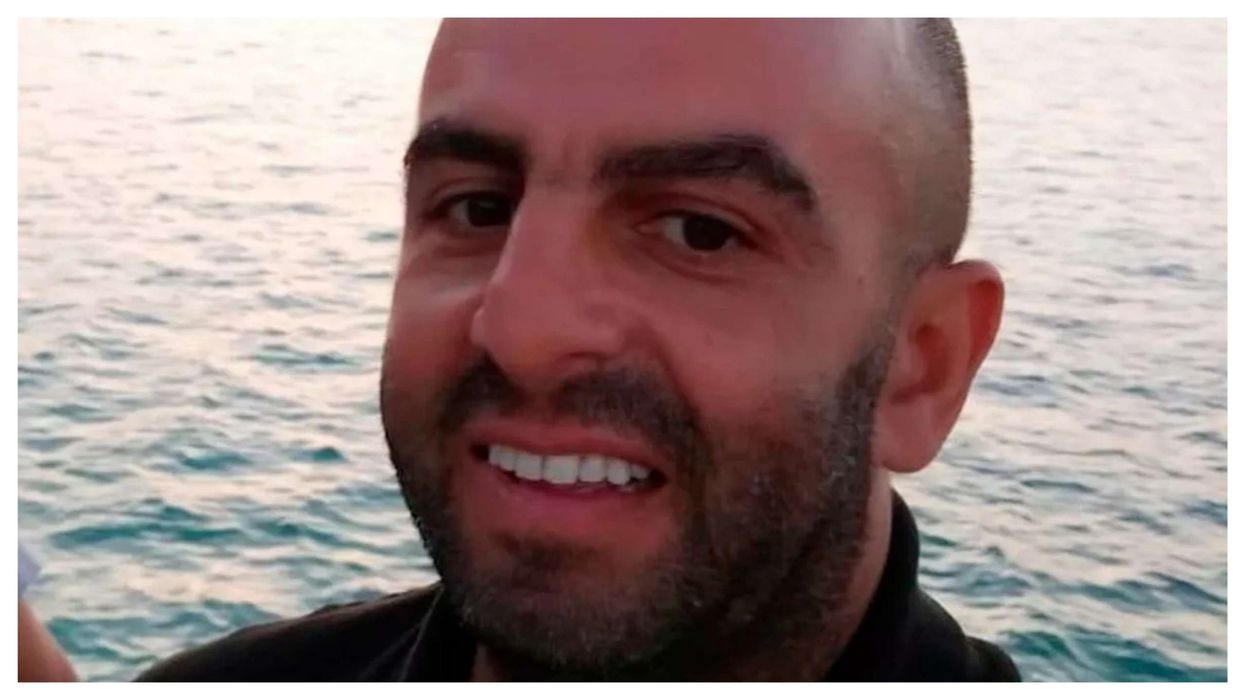DR NIKITA KANANI is a working GP, as well as a director in NHS England.
What have the past 18-months been like for her?
“It’s been very mixed. The first half, as a frontline clinician, and in my national role, was exhausting and quite upsetting at times. I’ve worked in hot and cold clinics, seeing people with Covid. And in those early days, it was terrifying because I was not only worrying about the teams that I work with, but also my family. My parents are community pharmacists, and my dad was advised to shield very early on. So, knowing that particularly my mum was working in the pharmacy, day in day out was inexplicably terrifying.
“Then the second part of the pandemic for me was just before Diwali when I was asked to come and work on the vaccination programme. Although we experienced the same levels of exhaustion in terms of the hours that we needed to work, to be part of this incredible programme has been, well, it’ll be the high point of my life, I’m sure because every bit of planning we’ve done has meant that we’ve had these incredible uptake rates across communities.
“I am so proud to have watched our teams nationally, and regionally and locally, our communities come together. And I think that’s going to do so much for us in the future. We’ve learned so much about how to work locally with our community, with our faith leaders. We’ve got this fantastic kind of vaccination equalities tool. I remember seeing a street near us that hadn’t had as much vaccine uptake in the early days as we’d want to see. We went to that local community centre and spoke to the local faith leader and they helped to set up a clinic, and almost straight away we could see the uptake levels rising.
“So, it has been a very challenging year. I still think for me, the brightest stars have been my children who have been incredible through a scary first part. It has given us a chance to regroup as a family. But I’m very much looking forward to spending proper time with my grandparents. They still ask me why am I not seeing them as much as I used to? I do try and explain that to them, that I’ll be grateful when I can just spend lots of time with them and get to eat my grandma’s amazing food.”













‘Vaccine drive a high point for me’